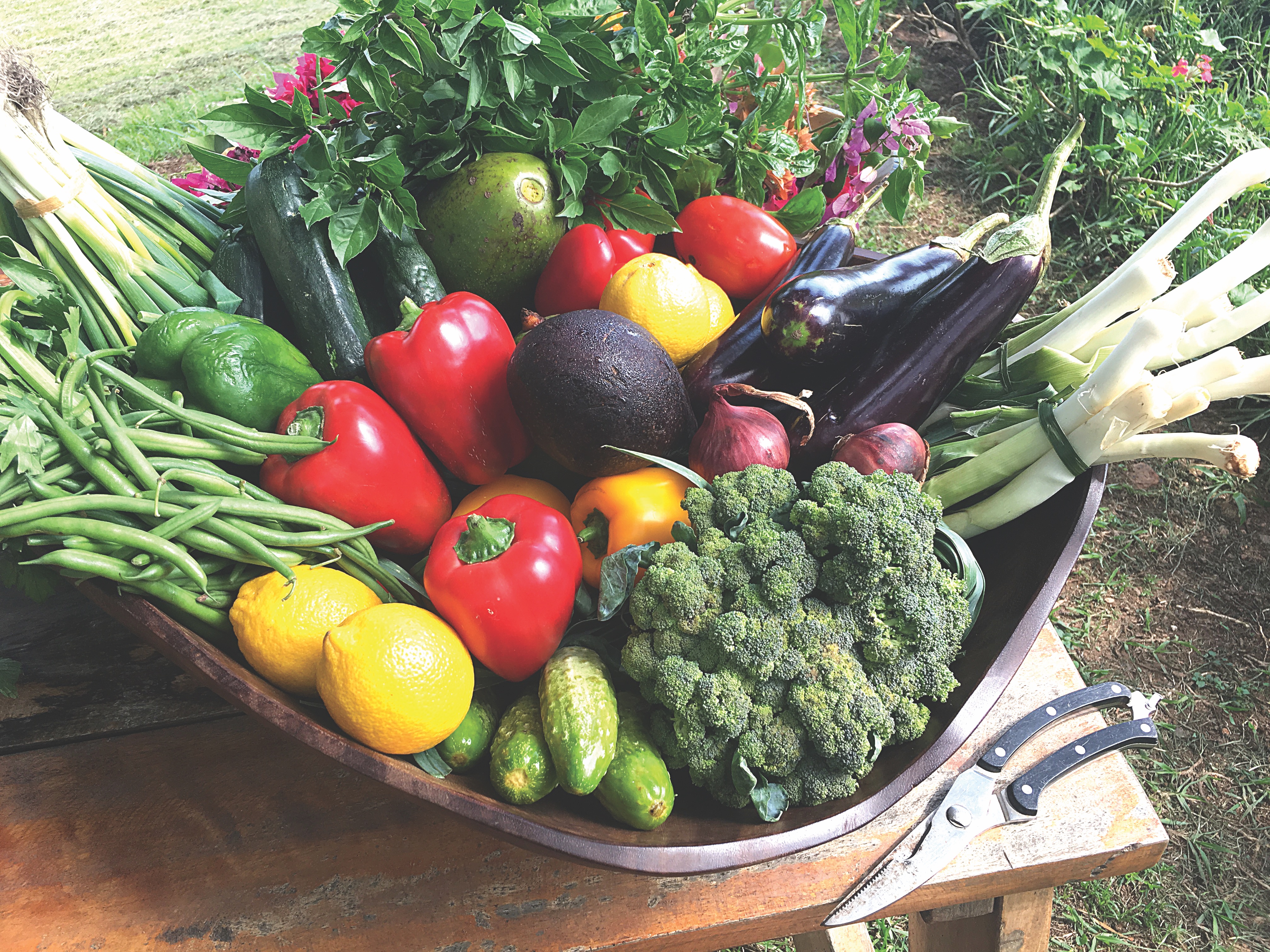
Jewish rituals are very much about what we can’t do. We can’t eat on Yom Kippur, we can’t work on Shabbat, we can’t eat bread during Passover, and so on.
The prohibitions on Passover are especially detailed. Every year, rabbinic authorities and food companies spend an enormous amount of energy determining how to make thousands of supermarket items “kosher for Passover.” I’ve seen very observant Jews go nuts on this holiday. Some are careful not to put water on their matzot because any moisture might “leaven” the matzah.
But here’s the really crazy part — the holiest and most spectacular food items in the world require no rabbinic supervision whatsoever and are “kosher for Passover” all year long.
These are the foods that come straight from God and straight from the earth, foods like beets, bananas, Swiss chard, carrots, tomatoes, cucumbers, watermelon, apples, persimmons, tangerines, spinach, red peppers, kiwi, strawberries, asparagus, Brussels sprouts, zucchini, celery, endive and mangoes.
Ask Picasso to design 20 fruit and vegetables and I’m not sure he can do better than what’s on that list. Ask any nutrition expert and they’ll tell you that fresh and natural produce are the best way to nourish your body. Ask any great chef and they’ll tell you that fruit and vegetables offer the most imaginative possibilities for great recipes.
At our seder tables this year, we can turn God’s earthy foods into the main dish. We can liberate ourselves from
overly processed foods, from too much meat, too much sugar, too much of everything.
And yet, we still have a tendency to treat vegetables as merely the “side dish” to the main meat dish. The age-old tradition, for those who are not vegan or vegetarian, is that meat is the hero and everything else is the supporting cast.
Passover offers us a unique opportunity to turn the tables.
At our seder tables this year, we can turn God’s earthy foods into the main dish. We can liberate ourselves from overly processed foods, from too much meat, too much sugar, too much of everything. Even for carnivores, we can use this season to celebrate the best, holiest foods on earth.
Are you up for it? I hope so, because this special Passover Food issue is loaded with amazing non-dairy vegetarian recipes such as Herb-Stuffed Mushrooms With Arugula, Bulgarian-Style Ratatouille, Eggplant Chopped “Liver,” Raw Zucchini Roll-ups With Smoky Eggplant and Gold Beets and Nectarines With Hazelnuts and Oregano.
Our Food editor, Yamit Behar Wood, who has shared plenty of great meat recipes in the past, has gotten into the real- food Passover spirit with a story titled, “Can Passover Food Liberate Us? Vegetable Dishes That Steal the Seder.”
She writes: “The seder is a perfect time to re-evaluate priorities and to detoxify our environment in the hopes of gaining a better way forward in all aspects of our lives. And what better way to start anew spiritually than to begin to rethink not only what comes in and out of our lives but what physically goes into our bodies?”
You’ll find four pages in this week’s issue of Wood’s celebration of some of her favorite vegetable dishes.
In “An Eight-Day Love Affair With Vegetables,” Wendy Paris writes:
“This spring-cleaning holiday, this festival of liberation is the perfect time to free ourselves from what can be mindless, unhealthy eating habits — the chewy granola bars in the car, the Cinnabon at the airport. Eating more vegetables is a way to care for our bodies, a mitzvah itself. Cramming ourselves with chocolate-covered potato chips and processed products with names like “Smokey Flavor Xtra Long Snack” is not a mitzvah, even when they’re kosher for Passover.”
The holiest and most spectacular food items in the world require no rabbinic supervision and are “kosher for Passover” all year long.
For her story, Paris interviewed local chef Jeremy Fox, who is a master of farmers market cooking and the author of the recently released ode to things that grow, “On Vegetables: Modern Recipes for the Home Kitchen.”
Paris writes: “For your own vegetable-based Passover dinner, Fox advises thinking in terms of a mezze-style meal of many small plates. … Include a variety of textures, and consider the flow of flavors across the whole evening.”
One of the things I love about the Jewish tradition is that we can inject our own personal meaning into the Jewish holidays. If Passover is about not eating leavened products, why can’t it also be about eating real foods?
So feel free to get into the spirit. Although we do have some terrific recipes in this issue, you can create your own. The point is to use this time of year to free ourselves from the things that harm us and embrace the things that nourish us, spiritually as well as physically.
It’s amazing to think that we can come out of this year’s Passover holiday with a renewed appreciation for the foods that best nourish and sustain our bodies. Talk about liberation.
See you all at the farmers market.























 More news and opinions than at a Shabbat dinner, right in your inbox.
More news and opinions than at a Shabbat dinner, right in your inbox.